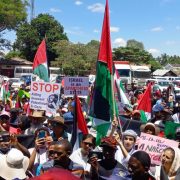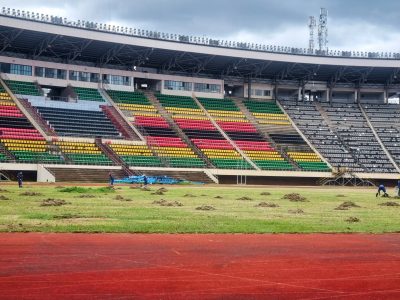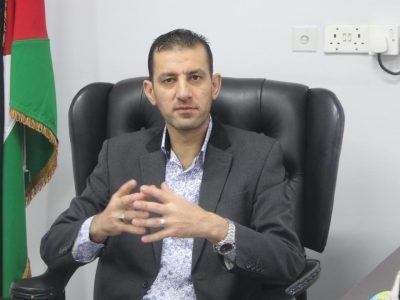The Zimbabwe Electoral Commission (ZEC) has embarked on its second phase of mobile voter registration exercise after the first outreach which ran between February 1 and 28, in preparation of the delimitation exercise ahead of the 2023 general election.
ZEC registered 81,742 new voters in the first exercise.The latest campaign, which has fewer registration centers, will end on April 30.
In a statement, ZEC said centers would open from 7AM until 5.30PM.
Masvingo province will have the most registration centers, 276 in total, while Bulawayo has the least 81.
Prospective voters must be aged 18 or over. They are required to carry proof of identity – an ID card or passport – as well as proof of residence, in the absence of which they would be required to fill out an affidavit.
The latest phase of the mobile voter registration exercise coincides with a similar exercise being carried out by the Civil Registry Department to issue out IDs.
During Parliament Minister Justice Ziyambi Ziyambi said the government has lifted some of the cumbersome requirements to obtain identity cards.
Justice minister Ziyambi Ziyambi, who is also the leader of government business in the National Assembly, said: “President Mnangagwa went to Tsholotsho some time. He also sent the minister of local government to the San community and they faced more or less the same problems.
“After that, a discussion was done in cabinet and he directed that everyone without a national identity document must be given one. So there is no problem, everyone, you can take anyone to the Registrar General’s office and give them the surname Biti, Biti, Biti, it is now allowed, the president has allowed it.”
Ziyambi’s comments appeared to suggest that past requirements for people to present their parents’ IDs or death certificates to obtain identity documents have been removed where one is unable to get the documents for whatever reason.
Deputy home affairs minister Ruth Mavhunga-Maboyi said there was a “waiver for those who are staying in rural areas,” adding: “We have the sabhukus, we have headmen, we have chiefs, they are going to write letters in order that these issues be addressed.”





Comments